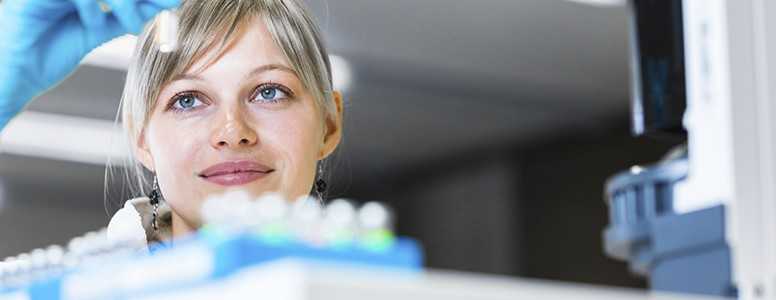A scientific breakthrough which could improve the success of islet cell transplantation for type 1 diabetes has been developed by researchers from Cincinnati.
One of the most promising new treatments for type 1 diabetes in recent years has been the use of live insulin producing islet cells. However, one problem has been that a lack of blood supply to the islet cells has meant that many of the cells die whilst being prepared for transplantation.
The researchers have developed a new bioengineering process known as self-condensation cell culture which helps to speed up vascularisation in transplanted tissue. Vascularisation means to supply the transplanted cells with blood vessels that will provide oxygen and nutrients that the cells need to survive.
Speeding up the process means fewer islet cells will die and this improves the effectiveness of the transplant. Islet cells used in transplantation can be either human derived or made in the laboratory from mesenchymal stem cells.
Type 1 diabetes develops when insulin producing islet cells in the pancreas are attacked by the immune system. One way of treating type 1 diabetes is to take insulin by injection or by insulin pump.
Another way is transplantation. The main difficulty with transplantation is the fact that in type 1 diabetes, the immune system is still programmed to attack the islet cells. As a result, when transplantation is performed, people with type 1 diabetes need to take strong anti-immune drugs to prevent the immune system attack on the new cells.
Whilst the research from the Cincinnati team does not address the immune system problem, it does help more cells to survive transplantation in the first place, which improves the effectiveness of transplantation.
The researchers state that more research is needed before they introduce humans to the self-condensation cell culture process. Two possible problems are that the islet cells may be rejected and, if using stem cells, it is possible that tumours might occur. Research will need to check that these problems are unlikely to occur before the method is introduced in humans.
What's new on the forum? ⭐️
Get our free newsletters
Stay up to date with the latest news, research and breakthroughs.








